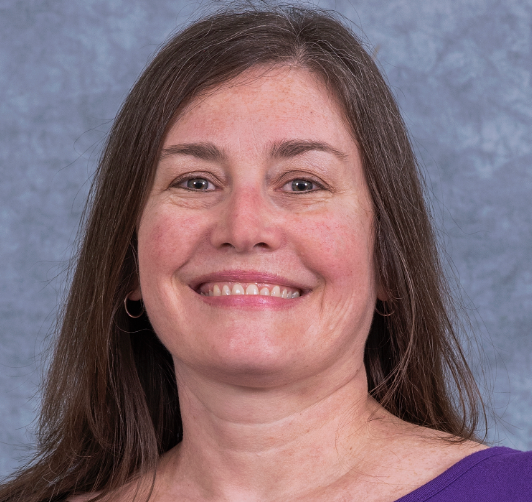Article
Patients with Autism Experience Alarming Rates of Sleep Problems
Author(s):
Children with autism experience higher frequencies of restless sleep, circadian rhythm disorder, and insomnia, indicating the need for targeted sleep evaluation.
Andrea Smith, PhD, RN
Credit: Sam Houston State University

A comprehensive study on sleep problems in children with autism revealed elevated rates of sleep disturbance within this population. Sleep problems are prevalent among children with autism, significantly affecting their quality of life and overall functioning.1
Investigators led by Andrea Smith, PhD, RN, Sam Houston State University, sought to further expand the understanding related to sleep behavior in children.
Their study aimed to identify the subgroup of children with autism, aged 3–17 years who were referred for polysomnography and describe the types and frequency of clinical encounters for sleep problems observed in this population with and without the diagnosis of autism.
Evaluating Sleep Behaviors
The study utilized a secondary data analysis approach, drawing upon the de-identified Nationwide Children's Hospital Sleep DataBank. The database comprised encounters of children referred for polysomnography, a diagnostic test that records physiological variables during sleep.
The study sample consisted of 2838 unique participants, with an average age of 10.5 years, and a total of 172,167 encounters recorded between 2017-2019. Among the participants, 198 (7%) had been diagnosed with Autism Spectrum Disorder, Asperger's Syndrome, or Pervasive Developmental Disorder.
The analysis revealed several prevalent sleep problems across all participants, including apnea, snoring, non-specified sleep disorders like restless sleep, circadian rhythm disorder (CRD), and insomnia.
The study noted the subgroup of participants diagnosed with autism exhibited a higher frequency of various sleep problems compared with those without an autism diagnosis. Restless sleep, CRD, and insomnia were particularly prevalent among children with autism, indicating a specific association between autism and these sleep issues.
Understanding Sleep and Autism
Investigators acknowledged the higher incidence of restless sleep, CRD, and insomnia among children with autism, indicating the urgent need for effective interventions targeting sleep disturbances in this population, as sleep problems can greatly impact the daily functioning of individuals with autism, as well as their families, and may contribute to behavioral and cognitive challenges experienced during waking hours.
“The current study's evidence for the occurrence and frequency of sleep disturbance in paediatric patients with autism elucidates the need for routine screening and clinical evaluation of sleep in this special population, especially given the potential impact on daytime function for these individuals and their families,” investigators wrote.
Understanding the specific sleep difficulties experienced by children with autism can help healthcare providers develop targeted interventions and treatment plans tailored to their unique needs, according to the study. By addressing sleep problems, healthcare professionals can potentially improve the overall well-being and quality of life for children with autism and their families.
“Anticipatory guidance and support is necessary, with reassurance to parents that these issues are common in this population,” they stated. “Parental reports of snoring, restless sleep and abnormal leg movements should be thoroughly explored, especially when accompanied by signs of respiratory difficulty or apnea during sleep, or daytime concerns with school performance, behaviour, focus or sleepiness.”
References:
- Smith, A.M., Johnson, A.H. and Bashore, L. (2023), Exploration of sleep disturbances in children and adolescents with and without autism in a paediatric sample referred for polysomnography. J Paediatr Child Health. https://doi.org/10.1111/jpc.16421





